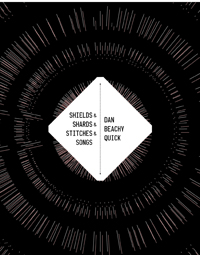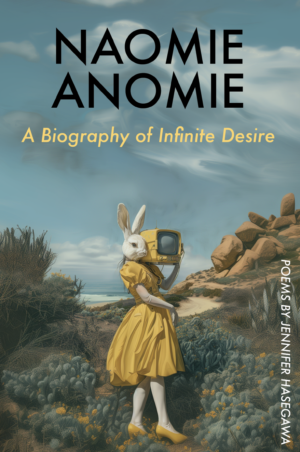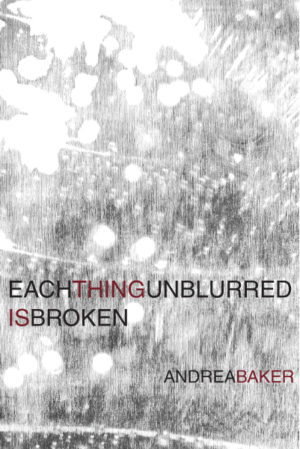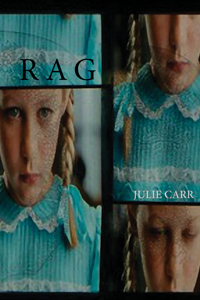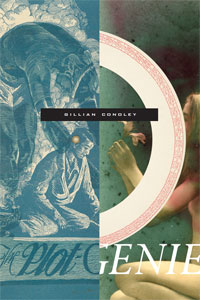Description
Shields call out to the violence from which they also protect us, a paradox that belongs as well to the images etched upon them. The damage inflicted alters them, and the beaten, damaged, dented shards sing out differently. In these poems seven shields each suffer a process, one of wounding, and of healing the wound back to song. Shards are what remain of shields, fragment words relict from the first poem. Shards become stitches, barest suture of meaning made only from what language in the shard remains, smallest chant of healing the wound must utter itself. Last, built upon the stitches, keeping intact what letters and words there remain, seven songs to replace seven shields, born out of a violence they seek only to sing themselves past.
In Shields & Shards & Stitches & Songs, we are led onto the ground of our violent past. We find not just bones but “some song like a coin lost in the grass.” In this gorgeous new work, Dan Beachy-Quick builds a series of poems that refuse to choose between love and war because the choice is a false one. Both exist and both must be reckoned with. These epic-lyric poems are shields: they evidence protection, but also the need to be protected; they are shards: fragments of a whole that pierce; and they are stitches: punctures that bind two together. Out of erasure, relic, remnant and rhyme, the song emerges. We are told to “bring it home.” We pick it up and carry it tenderly to the refuge that is the poem. “Yes yes the song goes.”
Sasha Steensen
About the Author
Reviews
Excerpt
Dan Beachy-Quick is a poet, essayist, and occasional novelist. He is the author, most recently, of a study on Keats: A Brighter Word than Bright: Keats at Work. He is a Monfort Professor at Colorado State University where he teaches in the MFA in Creative Writing Program.
The most ambitious and impressive recent erasure book (and there does seem to be a tendency to create whole books of erasure poems) is Dan Beachy Quick’s Shields & Shards & Stitches & Songs. This chapbook, more than any other erasure book I know, puts the process of erasure at its foreground.
Sharon Dolin, The writer’s Chronicle
Only 28 poems, and yet they evoke the fullness of an entire life, including a war from which there’s the attempt not just to survive but to transcend.
Shield
Be of ruin this rude maker.
Rubble be. Ruin be. Be not a stone. Hellstone. Hailstone. Hellebore
Take root in the broken and bloom. Bloom blood into bitter lake
Or let dirt drink its fill.The bee moans
In its thin cup. Pollen and trouble. Mark it in bronze, poet. Grab the tool. Beat it.

